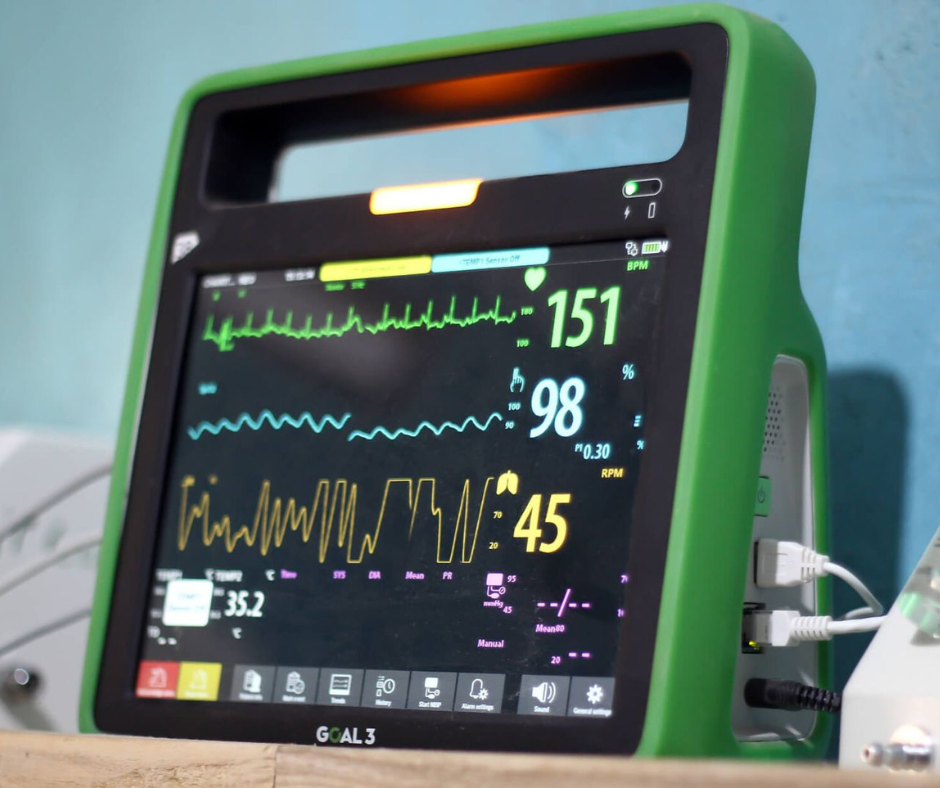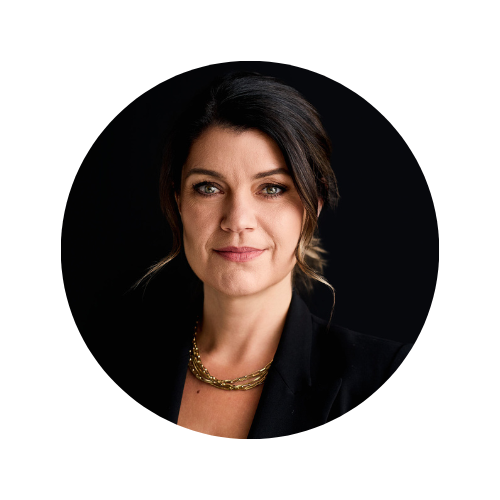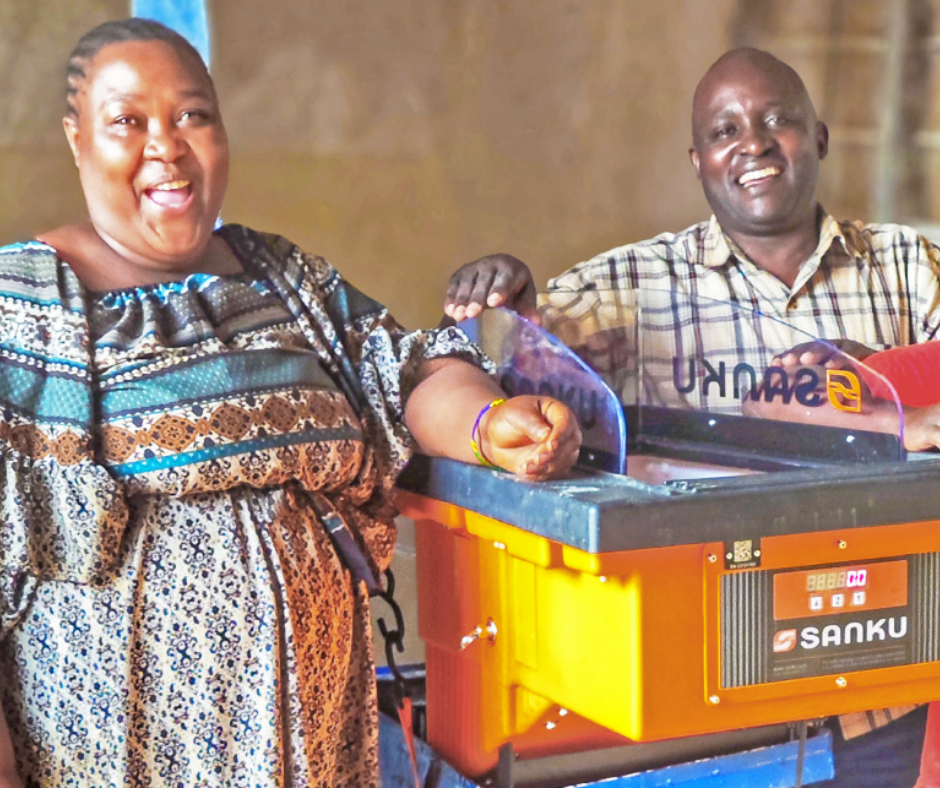There are moments working in global philanthropy when I’ve felt I’m straddling two vastly different worlds. One world talks about funding cycles, strategic giving, and ROI; the other grapples daily with life and death realities – infant malnutrition, disease outbreaks, and the fragile existence of communities dependent on services we take for granted.
The last few months have brought these two worlds crashing violently together.
The abrupt cut in USAID funding has sent shockwaves through global development. Overnight, thousands of workers lost their jobs, programs shuttered, and essential services ground to a halt. For communities living in poverty, these are not mere disruptions-they’re existential threats.
At The Life You Can Save, we knew we couldn’t wait for someone else to step in. Under the leadership of our co-CEO Jessica La Mesa, who spearheaded this initiative and mobilised our internal resources, our team partnered urgently with Founders Pledge to establish the Rapid Response Fund (RRF). This fund directs money towards evidence backed, high impact interventions facing immediate closure. It was crisis driven philanthropy born of necessity – but it also offered us powerful lessons. Here are three insights we’ve gained, offered in hope they’ll help others confronting similar waves of disruption.
Lesson 1: The power of immediate, collective action.
When disaster strikes, time is measured in lives. Speed isn’t just important – it’s everything. Yet speed must not come at the expense of collaboration. By quickly uniting with Founders Pledge, pooling our research resources, networks, and operational expertise, we rapidly mobilised close to US$3 million, channeling it directly to organisations like Sanku‘s child nutrition programs in Ethiopia and GOAL 3‘s lifesaving vital sign monitoring in Malawi.
One clear insight emerged: networks of trust, built before the crisis hits, make all the difference. Our joint capacity to move swiftly depended entirely on the trust already built. Our advice to fellow funders: invest in relationships now. Strong partnerships in stable times become your lifelines when emergencies arise.
Lesson 2: Urgency should never undermine rigour.
In a crisis, the instinct is often to simply “get money out the door.” But urgency is no excuse to abandon the standards that underpin effective philanthropy. Because The Life You Can Save had already invested in a strong due diligence and research framework – with clear criteria such as importance, tractability, and neglectedness (ITN) – we were able to respond quickly without compromising rigour.
When facing a tidal wave of need, it can feel overwhelming to choose who to help first. Yet precisely because of this, evidence becomes even more crucial. The result? Funds went where lives could be demonstrably saved, swiftly and cost effectively — whether providing critical treatments for malnourished children or sustaining essential nutrition programs suspended by USAID in Madagascar.
We urge fellow funders not to sacrifice evidence-based giving, even under intense pressure. It’s precisely in these moments that robust frameworks – built before the crisis – become most valuable.
Lesson 3: Pooled funding isn’t just practical – it’s essential.
Interestingly, some donors initially resisted the idea of pooling funds. Accustomed to directing their donations individually, some found it confronting to trust others with decision making. Yet pooled funding turned out to be the single most powerful factor amplifying our impact.
With pooled funds, we could rapidly deploy resources to address immediate needs, scaling interventions far beyond what individual donors could achieve alone. The collective expertise, agility, and ability to act decisively under pressure underscored how essential pooled funds are in crisis philanthropy.
We hope the success of the RRF encourages donors to reconsider their hesitation around pooled giving – not just in emergencies but as standard practice for effective philanthropy.

Image: Goal 3. The GOAL 3 Foundation exists to allow hospitals who otherwise cannot afford it to still receive the life-saving IMPALA system.
The choice is ours.
As we sit in relative comfort here in Australia, it can be easy to forget our global neighbours. Yet, we must confront reality: unmet poverty creates instability, fuels conflict, and undermines our shared humanity. Cuts to foreign aid funding, including from the USA, UK, Netherlands and France, remind us that we cannot rely solely on government interventions. Philanthropy must – and can – step forward to fill critical gaps.
The Rapid Response Fund was our answer to a global humanitarian emergency. It taught us about speed, about rigour, and about collective power. More importantly, it taught us that philanthropy isn’t just about generosity – it’s about responsibility. It’s about stepping up when we’re needed most, loudly and clearly declaring our commitment to global citizenship.
To every philanthropist reading this, now is your moment to give internationally. To every business leader, your skills, products, and networks are urgently needed to support global health and development. And to everyone who cares deeply about justice and compassion, your voice matters: speak up to your government and your peers.
We each have the power to save lives. Let’s use it.
There isn’t a moment to lose.
——————————————

Louise Pfeiffer is Regional Director, Asia Pacific, at The Life You Can Save. Drawing on two decades in financial services, she now mobilises evidence‑based philanthropy to combat extreme poverty. From Adelaide she drives donor engagement and strategic partnerships across the region, scaling high‑impact initiatives such as the Rapid Response Fund.
The Life You Can Save promotes high-impact philanthropy by identifying cost-effective, research-backed nonprofits working to alleviate extreme poverty. Its mission is to change how people think about and give to charity, offering an easy way for donors to support proven interventions that improve lives across multiple dimensions of poverty.
Feature image: Sanku. A global leader in micronutrient fortification, Sanku’s mission is to end malnutrition in Africa by ensuring food fortification with life-saving nutrients.
